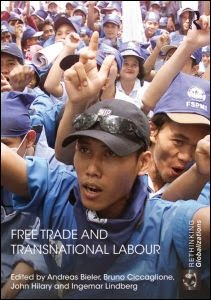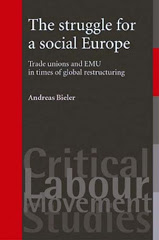‘I don’t mind
Germans, Italians, the Spanish, but I hate them Bulgarians and Romanians.
Thieves the whole lot of them.
My brother in
law cannot get a job in the warehouses, because these agencies favour Polish
immigrants.
All our
companies are owned by foreigners, German electricity company, French in the
water industry. I’d nationalise the whole lot’ (Local Resident in Beeston,
Nottingham/UK; 24 June 2016).
As
the Brexit vote sinks in, the first nationalist and xenophobic statements can
be heard on the streets. In this blog post, I am analysing the wider causes
underlying the Brexit vote and reflect on the struggles ahead. I will argue that
there have been two campaigns against increasing austerity and the destruction brought
about by global capitalist restructuring, the progressive left campaign around
the election of Jeremy Corbyn as leader of the Labour Party in the summer of
2015 and the predominantly right-wing Brexit campaign. Last night, the latter
won a significant victory, when 51.9 per cent of the people voting endorsed to
leave the EU against 48.1 per cent, who had voted to remain in the EU.


























